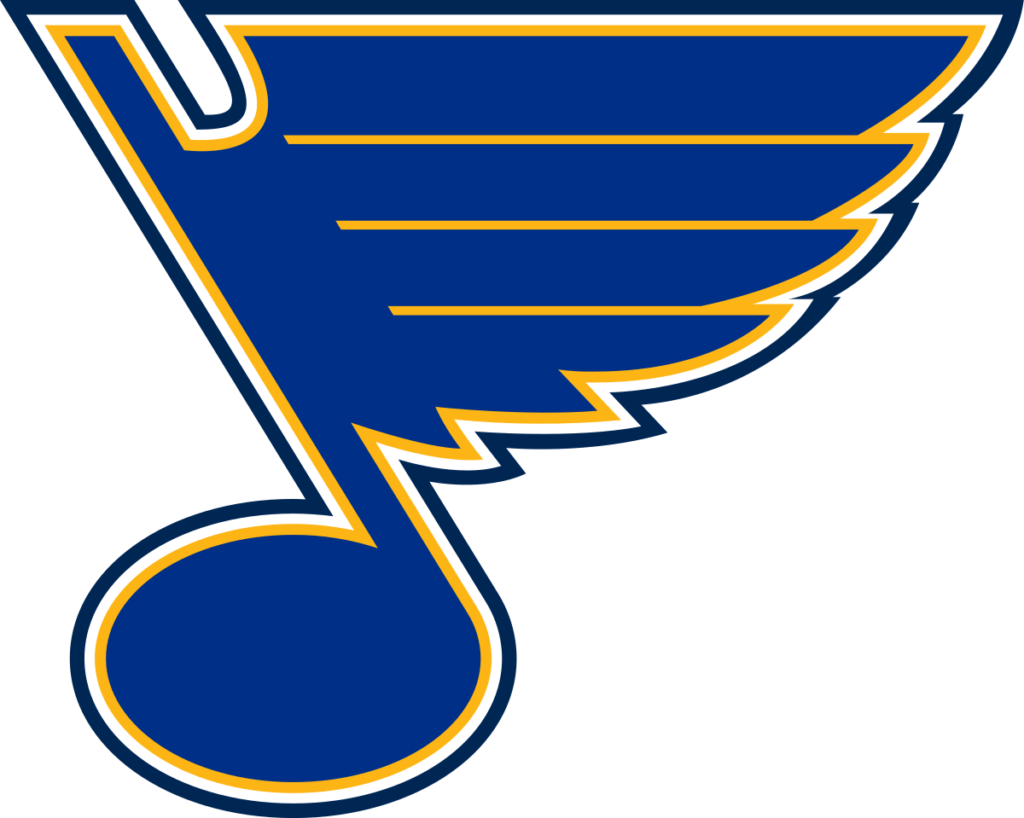
With their AHL situation likely to be in flux after this season, calls for the St. Louis Blues to pursue a Kansas City AHL affiliate are resurfacing.
The Blues are currently the NHL parent of the San Antonio Rampage, but that will change if the Vegas Golden Knights‘ pending purchase and relocation of the Rampage to the Las Vegas area is approved by the AHL. Should that likely approval fall into place, the current Rampage would relocate and become a Golden Knights affiliate next season, while Vegas would end its current AHL partnership with the Chicago Wolves.
In the past, there has been speculation that the Blues could pursue a Kansas City-based AHL affiliate, ideally playing out of downtown’s Sprint Center. Currently, the Kansas City market is served by the ECHL’s Kansas City Mavericks, a Calgary Flames affiliate backed by Lamar Hunt Jr. that plays home games at Silverstein Eye Centers Arena in suburban Independence, MO.
Now that the Blues find themselves on the verge of a crossroads in the AHL, there are calls for the organization to work out some sort of arrangement in Kansas City. Paul McGannon, a long-time backer of bringing NHL to Kansas City, stated this desire recently. McGannon acknowledged the level of control Hunt has over professional hockey in Kansas City, but also outlined the case for the Blues to tap into the market with an AHL affiliate. More from KMOX:
“Lamar Hunt Jr. currently is calling the shots in Kansas City as far as professional hockey goes,” says McGannon. “We feel like we’re in good hands. We would love to go to the next, AHL level. I think it’s going to be a business decision between the Blues and the powers that be at that level if anything happens here.”
McGannon says the Mavericks average 5,500 a game at their 5,800-seat arena in Independence and there would be plenty of fan and business support for the Blues farm team.
“There is a lot of hockey fans here that are St. Louis transplants. There are a lot of businesses that have corporate headquarters or a presence both in St. Louis and Kansas City,” says McGannon.
Similar rumors have surfaced in the past, only for Hunt and the Mavericks to come out and affirm their commitment to both the ECHL and Silverstein Eye Centers Arena. Whether this stance ever changes remains to be seen, though there undeniably some intriguing possibilities for both the Blues and the Kansas City market when it comes to a hypothetical AHL arrangement.
For Kansas City, it would provide a higher level of hockey to a market that has once home to an NHL franchise–the Kansas City Scouts played at Kemper Arena from 1974-1976 before relocating to Denver–and is currently providing steady support to an ECHL club at a suburban venue. The Blues, meanwhile, could stabilize their AHL situation while making a sound business move to establish a stronger presence in Kansas City.
Working with Hunt would be the logical path for the Blues to obtain a Kansas City AHL affiliate, short of going on their own and either buying and relocating an existing AHL team with a commitment to operating at Sprint City or gaining approval for an expansion club. (Future AHL expansion, it should be noted, is no guarantee beyond the upcoming Palm Springs team that is slated to put the league 32 clubs when it launches in 2021.) With those factors in mind, there are plenty of variables that would have to be sorted out for the Blues to have an AHL affiliate in Kansas City, though the idea offers some merit that could make it worth exploring.
RELATED STORIES: Could NHL Find a Home in Kansas City?; Golden Knights Add Wolves as AHL Affiliate; Blues to Ease Out; Missouri Mavericks Deny Reports on AHL and Kansas City

